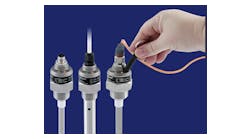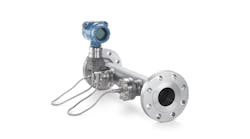The Institution of Chemical Engineers (IChemE) encourages its members to “whistle blow” in circumstances where they feel the public interest is compromised.
The professional membership organization revised its Rules of Professional Conduct and Disciplinary Regulations, adding a clause which outlines members’ duty to “raise a concern about a danger, risk, malpractice or wrongdoing which affects others (‘blow the whistle’) and support a colleague to whom the member has a duty of care who in good faith raises any such concern.”
IChemE said that this revision promotes and supports a collaborative approach to safe and sustainable working in the chemical and process industries. On becoming aware of any danger, risk or malpractice within an organisation, chemical engineers are obliged to offer full support to colleagues involved in reporting and escalating their concerns to senior management.
This collaborative approach addresses fears that whistleblowers might be ostracized by their employer or fellow employees, the organization explained.
Welcoming the revised rules, IChemE past president and U.K. Health and Safety Executive Chair Dame Judith Hackitt said: “It is vital that all chemical engineers think about how they will uphold the high standards of our profession and who they will speak to if they need to report concerns about unethical or bad practices.”
IChemE director Andy Furlong added: “Confidence in professional chemical engineers, and in the profession itself, is brought about by practices that maintain high standards of technical and ethical competence.”
Strengthening the code of conduct “provides further protection and support for chemical engineers who come across illegal practices,” he concluded.


